Friends, the World is Asking More From Us
Image: Mark Harrison (used with permission)
Well firstly, apologies for my recent silence! I’ve just returned from two trips abroad which required preparing 10 short video scripts and four keynote messages in a very short time frame which, along with life’s regular commitments, made for some long days. You’ll see the fruit of that work in the weeks to come, but if you want to, take a look at one of the videos we filmed here. I think it’s going to be a great series!
My return home has coincided with Fertility Week here in the UK, an important initiative raising awareness of infertility and childlessness. With significant support from the BBC, I’ve been on-air a bit talking about Merryn’s and my experience. If you’ve followed this blog or been an email subscriber for a while, that story might be known to you. If not, below you’ll get to read about a key moment in Merryn’s and my moving on.
It’s been eight years since Merryn and I started life as a childless couple, six years since our story was first told in Resurrection Year, with many people from all walks of life encountered since, and even a few newspaper shoots done (like above). Here’s what I know:
People with broken dreams like involuntary childlessness hunger for hope and deep community.
And there is much still to do to help them find it.
Churches, Let’s Do More

Image: Edwin Andrade (creative commons)
Let’s begin with this brief-but-full conversation I did with Dr Dawn Llewellyn of Chester University on BBC Radio 4’s Sunday program (starts 7 minutes in). While Merryn’s and my experience as a childless couple in church has been largely positive, Dawn’s research suggests this can be a rare experience:
- Childless couples struggle to fit in to churches that emphasise the nuclear family in their sermons, programs and small group structures
- Childless women find it particularly difficult when women’s activities often revolve around children. They don’t fit in the Mums-and-Toddlers group and are too young for the Senior Women’s group
- Childless men struggle too, especially in circles that emphasise ‘marrying and siring’ as the marker of ‘biblical’ manhood
Listeners made these comments afterwards:
Our experience is that the church doesn’t know what to do with childless couples. With such a strong emphasis on raising a Christian family, the expectation for a childless couple seems to be: a) if you can’t have kids you should adopt, or b) if you don’t want to have children there’s something wrong with you. —Kristie
After being part of a church that felt like an extended family, a regional move to another left me excluded because my husband didn’t attend church with me and because women weren’t encouraged to do anything more than teach Sunday School. It’s been a hard, lonely journey. —Ilka
We can do better here, friends. Let’s try developing:
- a bigger understanding of biblical ‘family’ (remember how Jesus defined who his family was?)
- a bigger understanding of masculinity and femininity (which scripture says less about than becoming Christ-like)
- a bigger understanding of vocation (especially for single and childless women who don’t or can’t fit the wife/mother expectation)
Let’s become the true community Jesus envisioned.
A community childless couples long to join.
More
 | What Churches Can Do to Help Childless Couples. A 1-hour video Merryn and I took part in, helping church leaders think through the issues involved |
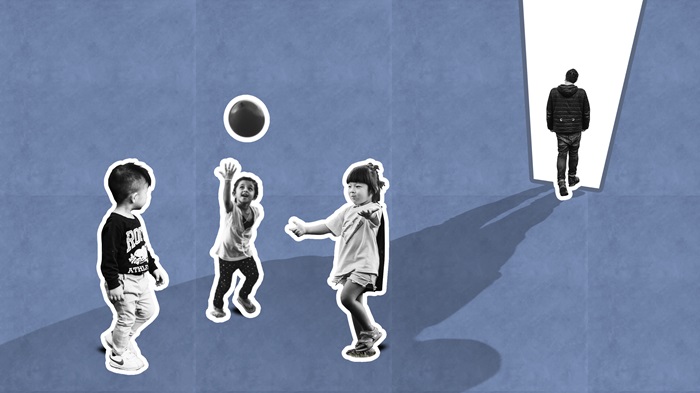 | Reaching Childless Men. An article I wrote for Christianity Today | 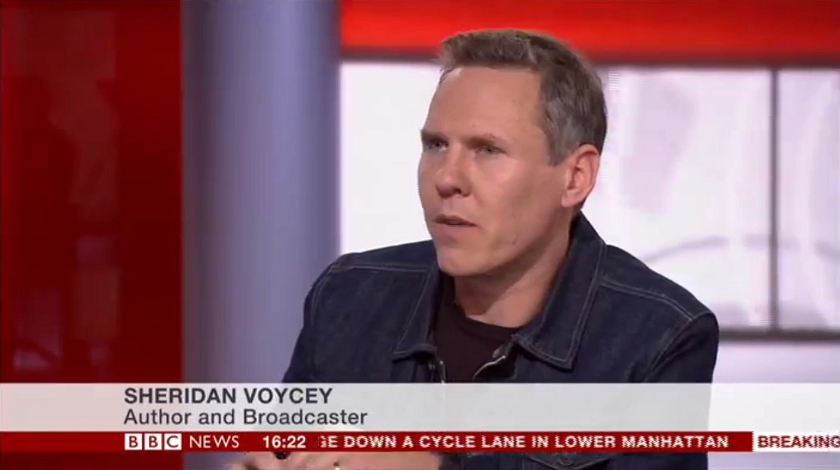 | Childlessness Cuts Men Up Too. Has more interviews and resources on the topic |
Because People Need a New Beginning

Image: Brooke Cagle (creative commons)
Let me take you now to another radio moment, this time on BBC Radio 2, where I got to share a key moment that helped Merryn and me walk forward as a childless couple. Here’s what listeners said afterwards:
Just WOW. That was super powerful…
We need to hear more stories of people surviving like this. A new beginning is out there…
This brought me to tears…
See how people hunger for hope?
See why creating truly inviting community is vital?
Here’s what I shared:
There’s No Moving On Without This
Imagine for a moment a car parked in a suburban street with its doors open and two women standing by. The car is packed full of baby stuff—a pram, a stroller, a highchair, a playpen, with bags of toys and clothes filling the spaces in between.
One of those women is my wife, Merryn. The other is my sister-in-law, Kristy, who runs a hand over her baby bump, gives Merryn a hug, then gets into the car. Seconds later she’s driven all that baby stuff away—stuff it took Merryn and me a decade to accumulate.
Christmas 2010 had been shaping up like no other for Merryn and me. Having spent ten years trying to start a family through IVF, special diets, a three-year wait on the Australian adoption list, and more—we’d been told we were pregnant. Finally we were having a child! Then on Christmas Eve Merryn got a call from the clinic. She listened, hung up, then curled into a foetal position. It had been a false-positive. With that, our dream of having a baby ended.
We were left with so many questions. Why do negligent people get kids while good people don’t? Why had God seemingly ignored our prayers? Eight years on, some of those questions remain. But our story has also moved on.
Because what we didn’t know then was that Merryn and I would soon leave Australia for a new adventure here. Merryn would get a dream job in Oxford. I would get to write about our experience. We would see our marriage strengthened, new friendships formed, and an unexpected vocation begin helping others start again from their own broken dreams. Purpose would emerge from our pain. We’d see God use our experience to bring hope to others.
Surprisingly, Merryn wasn’t sad watching Kristy drive that baby stuff away. She felt relief. Because there’d be no moving on without grieving, and no grieving without relinquishing the symbols of our loss. Letting go of the pram, highchair and baby clothes was the beginning of us starting again.
Secretly, quietly, many couples struggling to conceive fear their lives will be meaningless if they don’t. What Merryn and I discovered was that when the loss is properly grieved, and then placed in the hands of God, even a broken dream like this can instead become a new beginning.
More
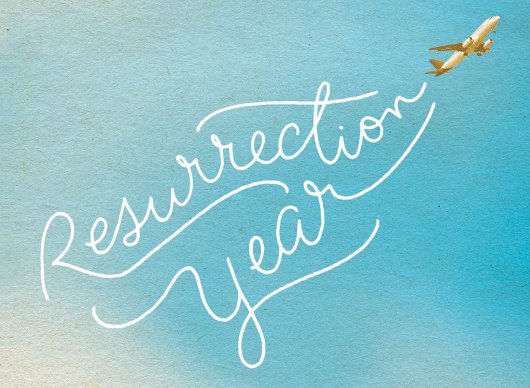 | Resurrection Year: Turning Broken Dreams into New Beginnings. Our story told in full |
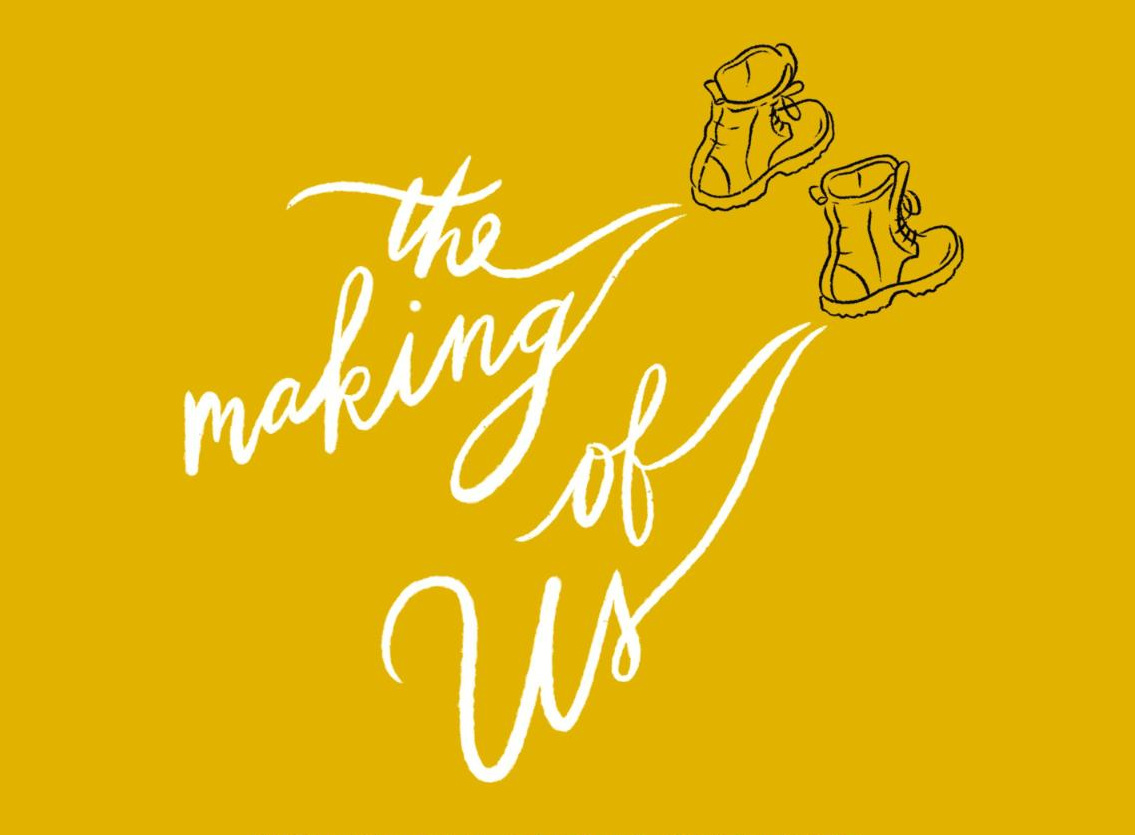 | The Making of Us: Who You Can Become When Life Doesn’t Go as Planned. Finding new identity and purpose after (and through) adversity |
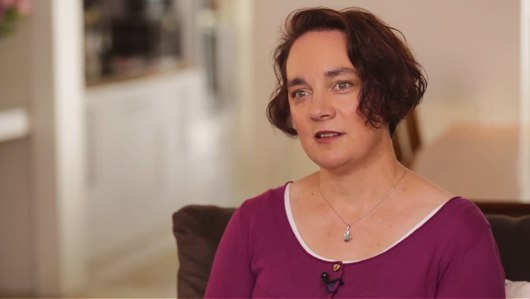 | A Journey Through Broken Dreams. A short documentary film on our story |


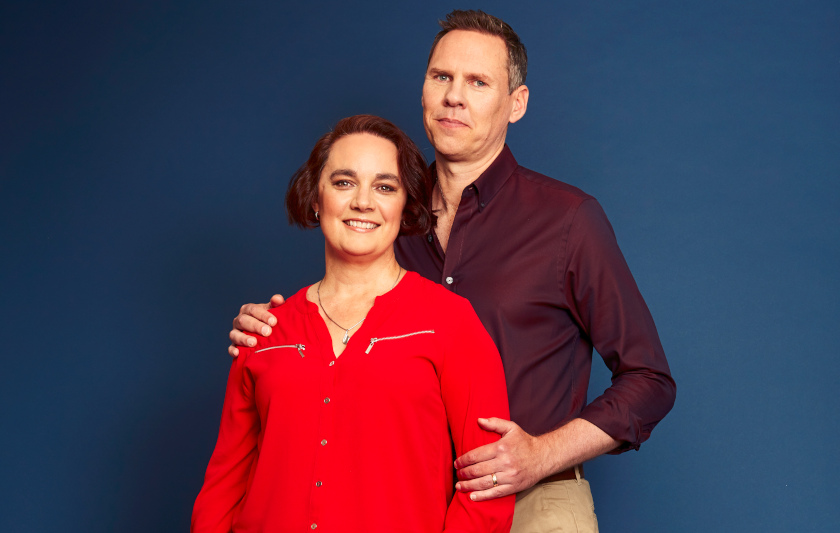
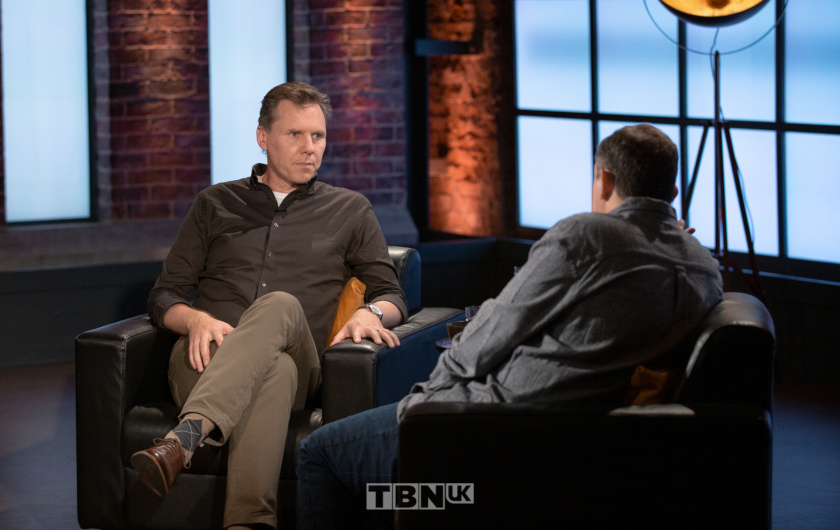


hodge publishing
This centring on ‘the family’, which causes pain to infertile couples, isn’t ‘at the centre of Christianity’ though the way it is put there suggests to most people (inside and outside the church) implies that it is. It is, these days, one of the ways churches are preserving a 1950s culture, women in the home having babies, and it is sadly wrong, not just for today – it is simply not part of the Gospel! My feeling is, we need to both stop seeing Christianity as the cradle/protector of ‘family values’ and a way to ensure the survival of our ‘tribe’. Christianity isn’t (meant to be) a religion which keeps up its numbers by ensuring kids are born to Christian families! My point here is, let’s somehow centre the church back onJesus’s teaching, which was inclusive, and centred if anything on the poor, the marginalised, social injustices, inclusiveness. This would also help solve the problem of the LBTQ+ community, who are also ‘misfits’ in church, and those couples who, for whatever reason, choose not to have children. Two issues solved in one… (if only!) We have (now adult) children, but one sees enough to know how hard it is for those without, in church. And it is not spoken of by those who have the power to produce change, yet constantly discuss ‘human sexuality’ in synod.
Sheridan Voysey
Much to agree with here. I guess I’d add that it doesn’t have to be an either-or but a both-and scenario. Parents needs help, support and biblical direction in raising their children well. And single, childless couples, the divorced and many others need help, support and biblical direction in living out their lives also.
Rebecca
My husband and i have been married 39 years this coming July. We found out one year after we were married we are unable to have children. Long story, but i went into a 10 year depression and being excluded, told we were cursed by God, committed some great sin, and things you cannot even imagine by our “Christian friends”, coworkers and even family members. You would think after nearly 38 years this would stop happening, but even YESTERDAY in CHURCH as they discussed summer plans for the church kids it was mentioned that anyone who is allowing their children to attend needs to attend also to make sure their children are safe around “others without children”. We have attended this church 7 years and thought everyone knew and possibly even liked us, now we feel like staying home. We have 8 cats and wouldn’t ever harm even one of our cats, they are our children. I’m not even sorry about this next statement, but in our experience most people with children have no clue the hidden heartbreak we carry every day for years on end and largely because they “think” they know about people without children. And its EXACTLY as was said at the beginning of your article, they think you should adopt and if you don’t there’s got to be something definitely wrong with you.
They have no clue most of them. God knows. I suppose that’s all that matters.
Sheridan Voysey
What!? What an unthoughtful, uncaring thing to say. I’m so glad that’s a new one for me to hear. I hope it isn’t said elsewhere.